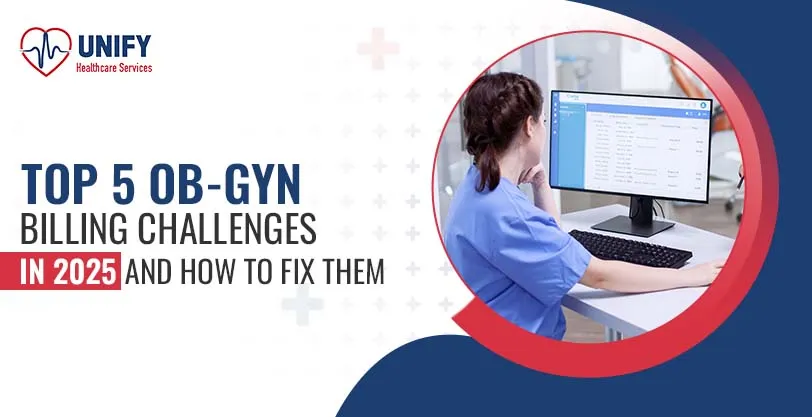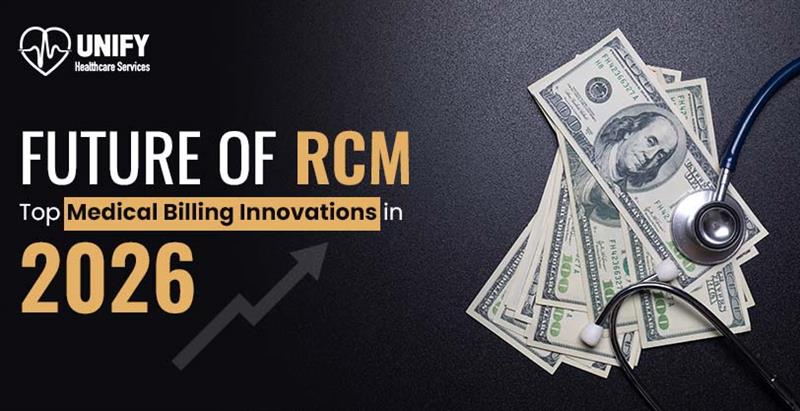Medical billing is an intricate and delicate field that requires huge accuracy and precision. Dental billing and coding is a branch of medical billing that requires a higher level of accuracy and precision. It is very vital for successful claim filing and accurate reimbursement. The practitioner always focuses on providing the best patient care they can provide. However, the administrative aspect, mainly billing and coding, can become a setback for them.
Simplify the Complexity of Dental Coding
Dental billing and coding are more than just administrative tasks. These are important elements of the revenue cycle which makes sure that the providers are getting reimbursed for all the services rendered.
However, just like any other medical billing, the complexities and frequent updates make it difficult to maintain a healthy revenue cycle. In this blog, we will go through the errors and the strategies used to overcome these errors.
First Let’s Go Through Some Common Dental Coding Errors
Fluoride Codes:
After the transition of old fluoride codes to the new ones, many practitioners still use outdated codes which results in huge losses
Limited Oral Assessment
Incorrect use of evaluation codes during emergency visits and underutilizing palliative treatment codes can lead to lower or no reimbursement.
Incorrect Information
Even minor errors such as misspelled names or incorrect patient information will leave a significant hole in your reimbursements, leading to delayed or denied reimbursement.
Upcoding or Undercoding
If a practice uses a code for an expensive procedure or for a less expensive one, it is an unethical practice that will lead to severe repercussions.
Outdated Codes
The CDT codes are updated by the American Dental Association every year. Using these codes will result in rejected and denied claims.
Strategies to Avoid Errors
Stay Updated
Regularly update and review your knowledge of the latest coding guidelines which ensures accurate coding and billing.
Review Bills for Accuracy
Create a robust and reliable review process to catch any errors before submitting the claim. This reduces the risk of denials and delays.
Regular Staff Training
Healthcare practices must invest more towards the training of their billing and coding staff and keep them updated about the latest coding guidelines.
Stay Informed About Updated Codes
The dental codes are updated once a year by the American Dental Association. Stay updated about these updates by subscribing to ADA publications and attending their webinars.
Clear Documentation
Create detailed and clear documentation of every procedure. The records support the use of specific codes which can be very useful in case of a random audit.
Ethical Coding Practices
Focus more on the importance of ethical coding practices with your staff. Make sure they understand the legal consequences of upcoding, and undercoding.
Now that we have learned a bit about the errors and the ways in which one can reduce them, lets understand the challenges of Dental Billing.
Major Challenges of Dental Billing
Time Constraint
If a practice has high footfall with insufficient administrative support, this might give rise to problems, especially if the tasks are done manually. Under these situations a practice can really benefit from dental billing services provided by a dental billing and coding company.
Their expertise can speed up the claim process without the need for you to assign tasks to your staff. This gives your practice enough time to focus solely on patient care.
Following Claim Guidelines
It is important to follow a tight processing criterion decided by the insurance company and government regulations. If anyhow your practice fails to follow these guidelines, your claims will be rejected for sure. The consequences can be more fatal than just rejection.
Coding Updates
Though this factor has played a crucial role in errors it is also a very big challenge because these frequent changes can be missed very easily. It is totally out of your control, and you will have to be very proactive with the billing issues.
As new materials and techniques come up in dental healthcare, the codes will change according to the material or technique used. This is enough to bring any expert practice to their toes. Every practice must stay ahead of the guideline changes as this will significantly interfere with their revenue cycle.
Lack of Follow-Up
If you do not have a follow-up system in your practice, you will have a lot of patients walking out without clearing their dues. A major part of the dental patients are covered by one or more insurance policies. This makes collecting the claims difficult.
When the dentist comes to know about the same, they start taking pressure and work overtime. This is not a good practice because your collections will still be poor as more and more people will file unverified insurance or pay late. This is the same as a denied or delayed claim.
Collection of Copays
Copayments are the payments made in advance for the services that are being provided by the healthcare practitioners. If somehow, the provider does not receive the full amount in the beginning, there are high chances that they will have difficulties in obtaining the remaining payment.
That is why it is beneficial and convenient for the provider as well as the patient to receive the payment before the services are rendered.
These obstacles, if not addressed, can hamper the collection rate of your practice. The patient might get the treatment if the physician wishes to, but ultimately their practice will be at the suffering end.
Common Dental Medical Billing Codes
D0419: Evaluating Salivary Flow by measurement
D2753: Titanium or titanium alloys crown
D5284: Removable unilateral partial denture, one-piece flexible base (with clasps & teeth), per quadrant
D5286: Removable unilateral partial denture, one piece resin, per quadrant
D6082: Implant supported crown; porcelain mixed with base alloys
D6803: Implant-supported crown; porcelain mixed with noble alloys
D6084: Implant-supported crown; porcelain mixed with titanium alloys
D6086: Implant-supported crown, made of base alloys
D6087: Implant-supported crown, made of noble alloys
D6088: Implant-supported crown, made of titanium alloys
D6120: Implant-supported retainer, porcelain fused to titanium and titanium alloys
D6121: Implant-supported retainer for metal FPD, predominantly base alloys
D6123: Implant-supported retainer for metal FPD, titanium and titanium alloys
D6195: Abutment supported retainer; porcelain mixed with titanium alloys
D6243: Pontic, porcelain mixed with titanium and titanium alloys
Overcome Dental Billing and Coding Challenges with Unify Healthcare
Dental billing and coding are a hectic task on its own. The complexities are added to it due to various coding and guideline changes. Making sure that all the guidelines are met is a huge need for accurate reimbursement.
The best way to do this is to take dental billing services from professionals such as Unify Healthcare Services.
Unify Healthcare Services is a well-regarded dental medical billing with a list of numerous satisfied clients. It has some of the best billers and coders on their team who are always up to date about the most recent provision updates. This ensures that all your claims are filed accurately and are submitted on time for accurate reimbursement. This takes off a huge load from your shoulders and gives you more time for patient care. Yor staff will have all the time to attend the patients and help them in the best way possible.
Partnering with Unify Healthcare Services gives you peace of mind, which ultimately improves the footfall and increases the revenue. In the end, it turns out to be fruitful for both the patients as well as the providers.








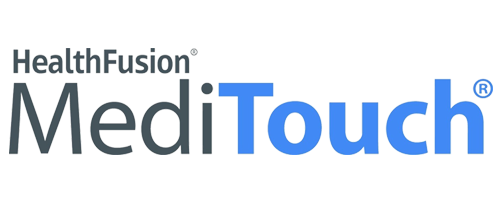
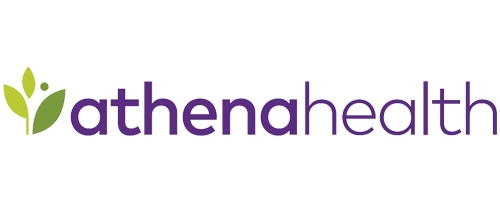

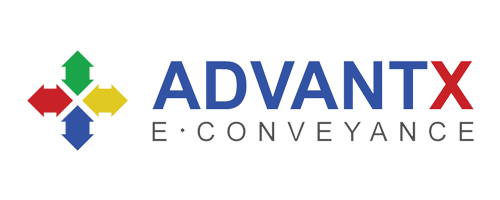
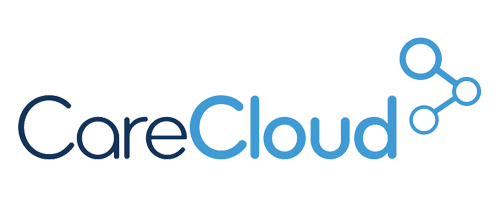
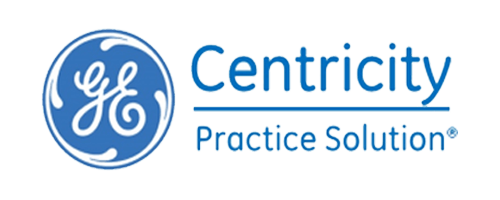
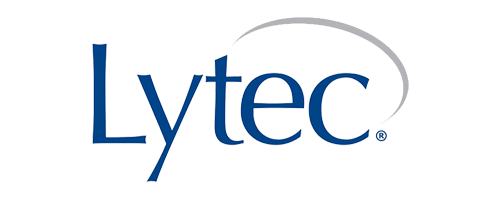

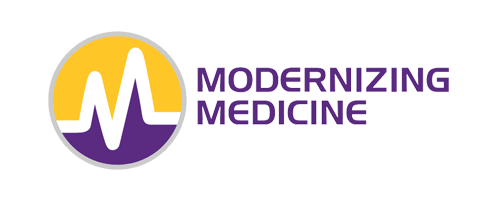



.webp)


 1.jpg)


